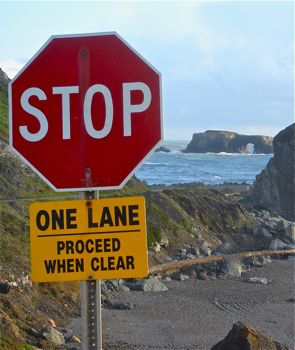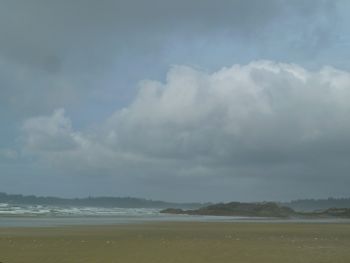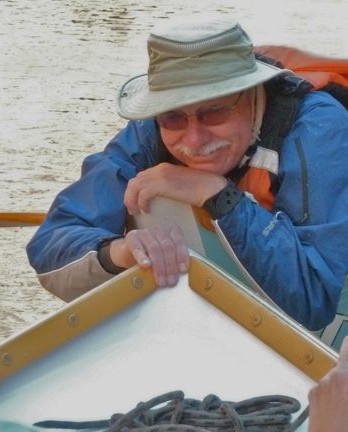LGS #75: Getting in Touch with Spiritual Guidance, Part 1: Attunement

Getting in touch with Spiritual Guidance occurs through the process of attunement. Attunement means getting in tune with someone or something in order to allow their rhythms and energy to impact you. You need to have something to attune TO. The invocation that follows is an invitation to profound attunement. Try it out:
Toward the One, the Perfection of Love, Harmony, and Beauty,
the Only Being, United with all the Illuminated Souls,
Who form the Embodiment of the Master,
the Spirit of Guidance.
What do these pretty words mean in practice? I repeated them daily for intervals spanning many years. Their meaning continues to unfold.
The word “Master” in this invocation has to do with Mastery–which means being able to focus ourselves and direct our own impulses with the clarity, will, and alignment to accomplish what we intend. It’s the capacity to live your life purpose. It has nothing to do with controlling others.
The Spirit of Guidance is an attitude, a benevolent force, a function of the Universe, a living potential we can tap into and interface with. The Spirit of Guidance may be “the voice that constantly comes from within.” It may be a composite of spiritually accomplished Beings, whose accumulated intention to serve humanity provides an unseen presence of discerning and loving wisdom.
Having been exposed to that invocation when I turned twenty, I never thought too much about it. I had a clear energy-sense of this force for grace, and I accepted it as an energy we naturally access by intending  to do so. Attunement is the method.
to do so. Attunement is the method.
Attunement means getting into resonance, like tuning an instrument from a tuning fork. The aim is to vibrate together at the same pitch. Attunment is sort of like channeling. Only with channelling you would be like a mouthpiece, taking dictation, standing out of the way while something works through you. With attunement you are fully inside yourself, fully involved. You are the instrument.
Rather than seeking to take anything from a special person or group, or get their energy, you seek to align yourself with their inner sources of inspiration. This practice leads to becoming a source yourself.
Contemplating the nature and attributes of inspiring people prepares you resonate with their wisdom, and to bring forth similar traits in yourself. By vibrating with their inspiration and opening to the influences that make them what they are you become more like them. The practice of attunement makes you ripe for Guidance.
In the next post I will share a totally inspiring, nuts-and-bolts description of how to engage the process of attunement.
What do YOU do to get in touch with Spiritual Guidance?
Does this process involve some kind of attunement? If you, what do you attune to and how does it impact you?




















